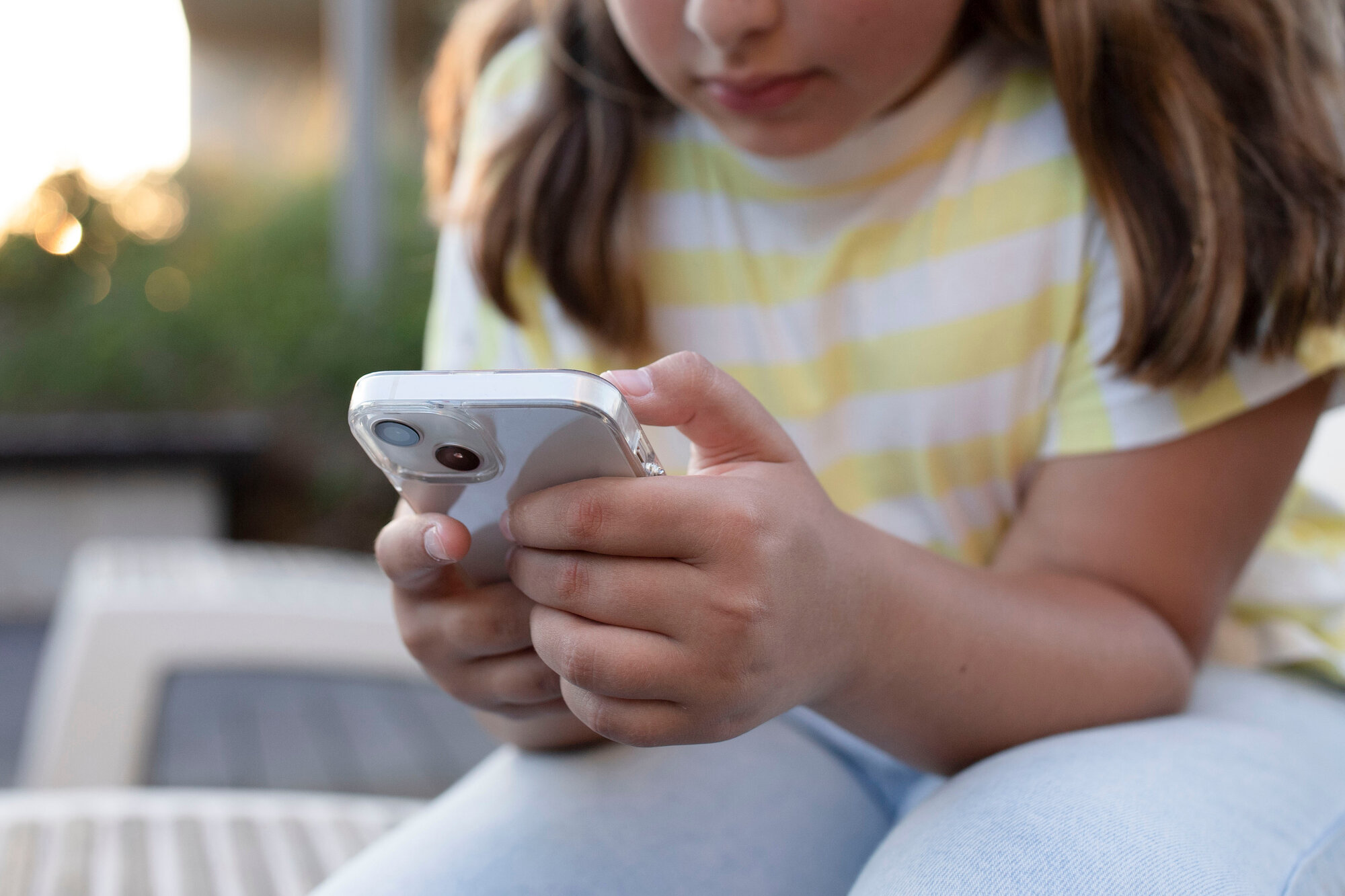S.C. education board finalizes its bell-to-bell school cellphone ban
(Charleston) Post and Courier
COLUMBIA - The state Board of Education finalized a model policy Tuesday, Sept. 3, that bans South Carolina students from using their cellphones or other personal devices during the school day.
Local school districts now have about four months to adopt the policy, drafted and passed at the direction of a provision the state legislature added to its annual budget.
The ban requirement goes into effect in January.
District leaders will also have some decisions of their own to make. The state board's policy bans students from accessing their personal devices from their arrival to school until afternoon dismissal, but it leaves districts with flexibility in how they'd like to enforce the ban and discipline students who may break it.
The impending ban is an effort from legislators and state education officials to give students the "freedom to focus," as state Superintendent of Education Ellen Weaver put it, addressing research showing that the use of cellphones and social media can have significant impacts on students' academic performance and mental wellbeing.
"Our responsibility is to create an environment where teachers can teach, and students learn," wrote Gov. Henry McMaster in a letter to the state Board of Education urging the adoption of the model policy.
The model policy has exceptions for personal devices required by a medical or disabilities plan and for students who are part of a volunteer firefighting or emergency organization.
Students' personal devices could also be "authorized for classroom use" by a district superintendent or their designee, per the policy, but only for an education objective that "cannot be reasonably achieved using district-owned devices."
The state board also added a provision to the policy that calls for a springtime survey of district leaders about the policy's implementation and effectiveness.
That survey's results could push the board to revisit its model policy before the next school year starts, board chairman David O'Shields said, amid concerns about potential "unintended consequences" stemming from the ban.
Districts' flexibility under the policy in enforcing the ban prompted concerns from some that students could be suspended or otherwise removed from class for using their phones, defeating the purpose of removing a classroom distraction.
And while the final version of the policy left that decision to districts, Weaver called on local school systems to take a "common sense approach" to the issue.
"The whole idea behind this policy is that we want students in classrooms getting instruction," she said. "So I think punishments that take students out of that instructional space really don't make a lot of sense."
Weaver also dismissed concerns that the cellphone ban would make it harder for students to contact their parents in case of an emergency, asserting that the new policy would instead make it easier for them to stay focused on the adult in the room and then be able to contact their family when safe.
Districts will also have the leeway to decide how to implement the ban, whether that means locking students' phones away in lockers or pouches or simply having students keep them in their backpacks.
Any school system that doesn't implement a policy in line with the state board's model policy risks losing its state funding - meaning districts effectively have no choice but to comply.
South Carolina is the latest of several states to implement a statewide personal device ban, but a few districts in the Palmetto State were already there, such as Rock Hill's schools. That district adopted a ban last school year that is essentially the same as the state department's new model policy, according to a state department spokesman. Rock Hill School District is now in Year 2 with its ban. Other districts have current policies that are very restrictive for elementary- and middle-schoolers but then are less restrictive for high school students, according to online research.
Such earlier attempts at the policy have shown that getting phones out of students' hands could be difficult, Matthew Ferguson, a deputy superintendent in the Department of Education, told the board.
"They are quite literally addicted to them," he said.
WHAT ABOUT SUMTER SCHOOL DISTRICT?
Sumter School District's current policy, which dates back to August 2015, allows students' use of cellphones in certain designated areas - such as the cafeteria, gymnasium, hallways and outside areas on campus - during non-instructional times. It states in the policy that students are prohibited from using personal electronic devices in a manner that would constitute an "invasion of privacy" or be in violation of the district's Code of Conduct.
District spokeswoman Shelly Galloway said that the state Board of Education's new model policy will initially go to the district's Board of Trustees' Policy Committee soon and then on to the full board for passage later this fall.
Clear communication with students, families and staff is anticipated, she said.
"We anticipate a one-month planning process and a two-month intentional multimedia communication and education rollout for students, staff and families," Galloway said. "Also, we will establish a firm go-live date for when students return from winter break in January."
Item staff writer Bruce Mills contributed to this report.
More Articles to Read

